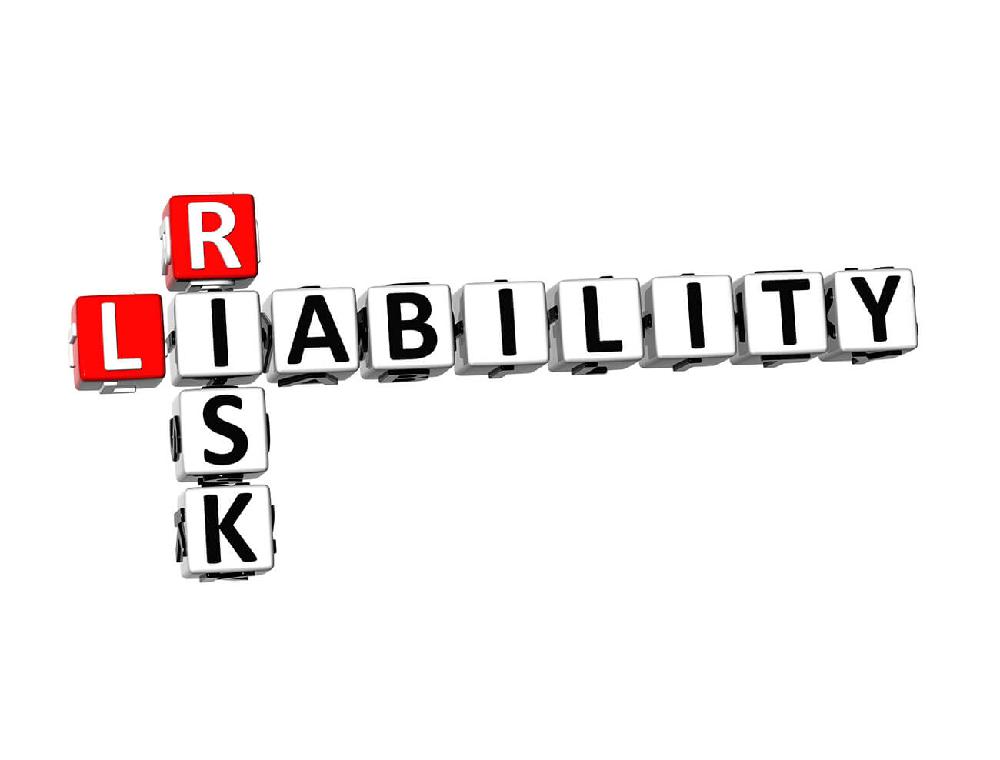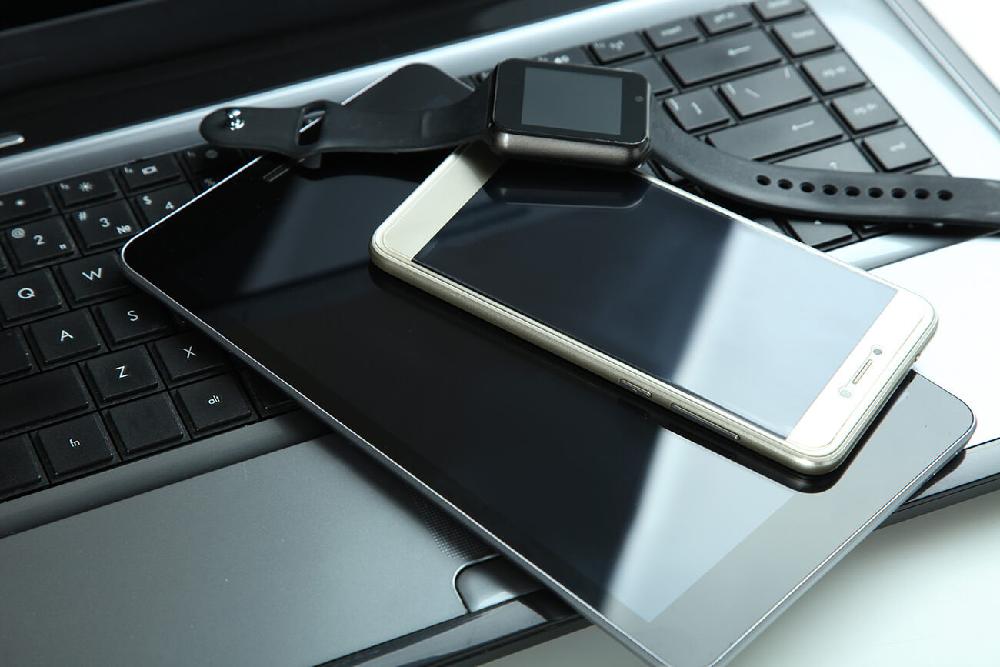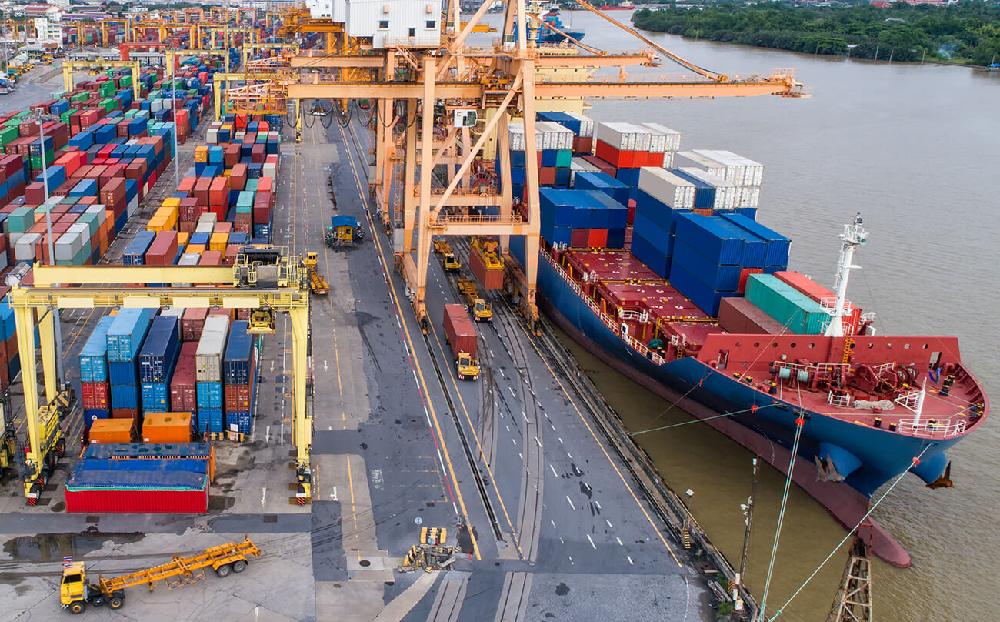General Insurance Blogs, Articles & Updates by - Magma Insurance
Have us call you
- RENEW YOUR POLICY
- BUY NEW POLICY

7 things you need to know about public liability insurance
Accidents happen. Sometimes due to negligence and sometimes due to sheer bad luck.
What if a customer slips and falls at your premise and breaks a bone? Or purchases an electrical device from you which causes a short circuit at their home resulting in a fire? In either of these incidents, as a business owner, you can be liable to compensate for the loss/damage to life, property and the legal fees a third party incurs.
An Example
A famous incident that highlights the need for public liability insurance is the 'hot coffee lawsuit' of 1992. The plaintiff, 79-year-old Ms Liebeck accidentally spilt hot coffee on her lap, (while in her car) purchased from a renowned fast-food retailers outlet. She spent eight days in the hospital because of third-degree burns, had to undergo a skin graft and two years of follow up treatment. Her attorney argued that the coffee served at 82-88 degrees was significantly hotter than what other outlets served (60 degrees) and was a burn hazard even if consumed immediately.
The jury initially awarded Ms Liebeck US$160,000 as compensation and coverage for medical expenses in addition to US$2.7 million in punitive damages. After a prolonged court battle and multiple appeals, the parties settled out-of-court in 1994 for an undisclosed amount, said to be under US$600,000.
Most businesses do not have the time, resources and deep pockets to weather such lawsuits.
Thus, every business needs to protect its interests and that's what a Public Liability Insurance can help them do. Here are six things you should know about Public Liability Insurance (PLI) in India:
1) Who needs it
Enterprises that regularly entertain the public such as restaurants, shops, educational institutes, sporting areas, etc. should get public liability insurance. It also applies to businesses that work in public spaces or private homes such as building contractors, electricians, etc.
2) Scope of coverage
The insurance covers the cost of damage/medical treatment and legal fees if any third party sues your business. This includes customers, vendors, and general members of the public excluding your staff (that comes under workers compensation).
3) Domicile of coverage
The coverage is not geographically restricted. It covers incidents at your premises or those at a customer/ clients location.
4) Cost
The cost of your PLI depends on the nature, size and scale of your business. Enterprises that deal with hazardous substances or have multiple outlets/ franchisees, etc. will have to pay more due to greater probability of a mishap.
5) Customizations
You can customize the coverage after assessing your needs. For example, a small café would probably need a considerably lower cover than a 5-star hotel complex. You may also choose add-ons for extra protection. For instance, the act of gods covers situations such as floods, lightning etc. which end up being frequent causes of dispute.
6) Legal Requirement
Even though businesses are not legally bound to opt for a PLI, certain lease agreements or trade associations make it binding on the lessee/partner to obtain the insurance. Many private parties too may not contract services to a business or tradesman without a PLI.
7) Exclusions
Like any other insurance policy, Public Liability Insurance In India is also subject to exclusions. Some common exclusions of insurance providers in India are- disputes related to pollution, slander, fines and penalties. Please refer to your plan's policy wordings for a better understanding of the same.
Many-a-times businesses fail to realize the damage to goodwill due to an incident is greater than the cost of financially alleviating the situation. To know how you can secure your business and do right by all stakeholders, have a look at what Magma HDI has to offer.

Did you know you could safeguard your precious gadgets/equipment with this one step?
Connectivity has become the fourth pillar of our rations today. Each one of us, at least, own three gadgets, in which we store and share critical data. Whether it is business-related information or personal details, our gadgets hold a lot of information that, if leaked, could cause serious damage. Besides the implications of a security breach, these gadgets come at a high cost, and replacing a lost or stolen one may seriously burn a hole in the pocket.
Therefore, it’s prudent to secure your gadgets by taking Electronic Equipment Insurance (EEI). EEI extensively covers loss of electronic good, and subsequently, helps to meet unavoidable costs. Depending on the coverage that will be best suited for you, there are different types of EEI to choose from. Before we get into the different types, let’s take a true look at the scope of the cover.
What’s Covered?
- Damaged equipment coverage, including replacement expenses, such as freight, installation cost, customs duty, etc.
- Damaged data media coverage, including expenses incurred in restoring lost information, external data media, damaged/lost data media, etc.
- Increased cost of working, caused due to employing more manpower to substitute for the work that would have otherwise been done by the equipment.
- Any damage caused to the equipment’s software as a result of the damage to the hardware is also factored in.
Types of Electronic Equipment Insurance
All risks included
Give your gadgets complete protection from perils, including those caused by natural and man-made causes. For instance, damage due to natural calamities includes the ones caused by fire, landslide, or storm, whereas manual perils include terrorism, strikes, and riots.
External data media
This option covers the losses partly and includes expenses arising due to data loss on external media devices, such as hard discs, etc.
Increased cost of working
This type of EEI is usually taken by organizations that rely heavily on data processing units. In the event of any loss or damage to the unit, the expenses incurred to employ any additional/alternative tool or manpower, are covered by the insurance policy.
What are the types of electronic equipment that can be secured with EEI by Magma HDI?
Electronic Equipment Insurance is suitable for a range of equipment, including, but not limited to:
- Computer and allied peripherals
- Audio visual equipment
- Auxiliary equipment, such as voltage stabilizer, UPS, etc.
- Electronic control panels
- Navigation equipment
- Telecommunications equipment
- Electronic equipment used for research and testing materials
- Medical equipment, such as MRI scan machines, X-Ray machine, ultrasound devices, etc.
Who should take an EEI by Magma HDI?
Practically, anyone who owns and operates electronic equipment should secure their gadgets with an EEI.
- Owners and businesses owning electronic equipment
- Organizations that are involved in leasing electronic equipment
- Third-parties, such as financiers or bankers who ultimately bear the purchase cost of the equipment
While an Electronic Equipment Insurance secures your gadgets from multiple threats, note that there are certain cases, such as normal wear and tear that do not fall under the purview of the policy.

Do I need marine insurance?
Insurance provides the safety net required to protect the financial integrity of your personal and professional needs. If you are in the business of sending or receiving physical goods from one destination to another, insuring your goods and business interests inevitably becomes your priority.
Therefore, the simple answer to whether or not you need marine insurance is 'yes'. Read along to understand why that is so:
What is marine insurance?
‘Marine’ insurance is a colloquially used term for any kind of transport insurance, not just restricted to waterways. Whether your cargo or goods are moving over land, railways, or a combination of multiple transport modes, marine insurance provides cover for any loss or damage to your goods while in transit from source to the point of delivery.
Marine insurance can be purchased by sellers, buyers, and even financiers of the goods. So, whether you’re a small trader, moving materials interstate or a manufacturer sourcing raw materials or a large import/export house, marine insurance can protect your stock against any unforeseen eventualities.
Why marine insurance?
Depending on the mode of transport, distance, size, and value, your cargo could take days or months to get from one point to another. In the interim period, your goods are at the risk of damage due to accidents, improper packaging/ storage, seepage of water, mishandling by personnel and natural disasters such as floods, fire, and storms. They could also be lost due to theft, piracy, or be lost at sea. The carrier, in most cases, cannot be held liable for any damage or loss either. Hence, it becomes imperative to opt for additional security.
All natural calamities and human errors can be covered by marine insurance. There are various types of policies such as valued, unvalued, floating, time, voyage, etc. that you can choose from basis your needs, irrespective of whether the cargo is moving for domestic trade or across international waters.
Magma HDI, for example, provides comprehensive coverage through its Marine Cargo Open Insurance Policy. Whether you are sending a small parcel via airmail or a huge consignment via cargo, Magma HDI has your peace of mind covered.
In some instances, taking marine insurance may be obligatory basis the terms of the shipping or business contract. This helps bring in clarity over service delivery and safeguards the interest of all parties.
Alternatively, the insurance helps you gain a lot more control over the jurisdiction and language if in case the need for a claim arises. Imagine dealing with an insurer based out of Japan speaking a language alien to you while you are trying to get the information and paperwork through. It can be both time-consuming and exasperating.
In conclusion, marine insurance is extremely pocket-friendly. The premium depends on the value of the goods and the mode of transport. For a fraction of the cost of the shipment, you can secure your peace of mind. In case the need for a claim arises, a dependable insurer like us is just a phone call away.

Events when your Marine Cargo insurance claim gets rejected
With the continuous rise in international trade, the volume of marine cargo is also increasing. Marine cargo has always been and will be an important component of international trade. With more and more businesses opting to transport their goods through marine cargo, the market is on the rise for shipping companies. This increase in business also increases the importance of having a comprehensive marine cargo insurance policy.
Irrespective of the fact how simple you might think a marine cargo insurance policy is, several claims get rejected every year due to one reason or another. You must, therefore, immediately take the necessary steps to ensure that your insurance claim does not meet the same fate.
Here is a list of the events when your marine cargo insurance claim can get rejected and how you can avoid them.
- 1. Insurance policy is not proper: - Not all marine cargo insurance policies cover for all types of damages. This is why you must have a comprehensive marine cargo insurance policy. If your policy does not cover the damage for which you have filed a claim, your claim will get rejected. Moreover, any changes in the constitution of your assignment or cargo might also lead to this rejection. You must, therefore, review for policy periodically and get it updated as and when required.
- 2. Mistakes in filing the claim: - Whether you have failed to file your claim within the requisite period or have filled the claim form incorrectly or have filed a claim under a wrong policy, the marine insurance companies will not hesitate in rejecting your application. Even, if they do not dismiss the claim outright, they might delay it for many days. Therefore, you must give this responsibility to an expert who has successfully filed such claims in the past.
- 3. Mishandling of goods: - If you have not packed the goods correctly or your personnel has been mishandling them, then the insurance claims filed thereon will be rejected by the insurer. You must, therefore, ensure proper packaging and careful handling of the goods on your vessel.
- 4. Perishable Goods: - Even if your insurance policy specifies that losses suffered due to delays will be compensated, it does not cover damages caused to goods of perishable nature. You must, therefore, check with your insurance company if such goods are covered under the policy or not, before accepting them.
- 5. Negligent Maintenance: - If you have not been paying attention to the maintenance of your vessel, marine insurance companies will certainly reject your claim. As your vessel will be plying in rough waters as well, so the chances of it suffering from damages are very high. These damages must be repaired as soon as possible to ensure the safety of the personnel as well as the cargo. You must, therefore, ensure that your vessel undergoes regular maintenance and follows safety and standard operating procedures. You should also keep a log of the repair and maintenance work carried out on the vessel, as it will help with your claim later on.
You must therefore carefully assess your needs, discuss them with your marine insurance company and only then subscribe to a comprehensive marine cargo insurance policy that caters to all your requirements.

